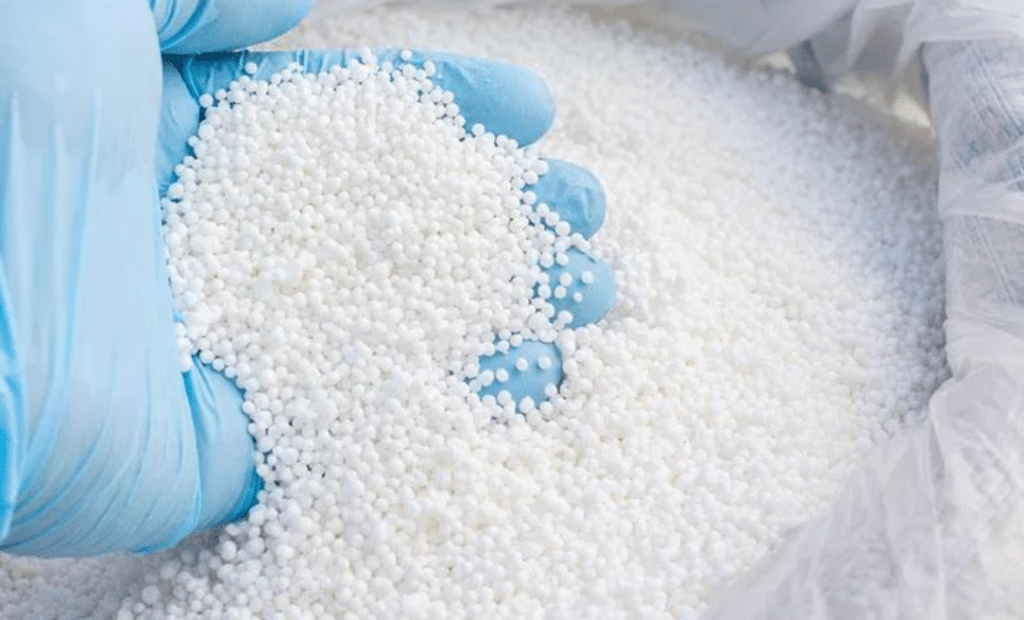Difference between ammonia and ammonium
Ammonia and ammonium are widely used in our daily life. Ammonia and ammonium are compounds that contain nitrogen and hydrogen. Ammonia contains one nitrogen and three hydrogens, while ammonium contains one nitrogen and four hydrogens.
Ammonia is a weak base and is not ionized. Ammonium, on the other hand, is ionized. One of the significant differences between the two is that ammonia gives off a strong odor, while ammonium has no odor at all.
Now when it comes to ammonia, when it dissolves in water, it becomes ammonia, and when it is exposed to air, it becomes a gas.
When a concentrated ammonium salt solution is treated with a strong base, ammonia is produced. If ammonia is mixed in water, some of it becomes ammonium.
It can also be seen that ammonia is toxic or harmful to aquatic organisms. Ammonium, on the other hand, is harmless to aquatic organisms.
One can encounter pure ammonia, but no one can encounter so-called pure ammonium.
The chemical equation that drives the relationship between ammonia and ammonium is
NH3 + H2O ↔ NH4+ + OH-
Ammonia is widely used in the production of fertilizers, cleaning products, plastics, pesticides, and explosives. Ammonia is known to help plants fix nitrogen.

Ammonium is found primarily in a range of salts, such as ammonium chloride, ammonium carbonate and ammonium nitrate. Most ammonium salts are soluble in water. Although ammonium is also a source of nitrogen fixation in plants, it is not considered the only source of nitrogen because they can be toxic to plant species. Ammonium is also used in the production of fertilizers and explosives. It is also used in rocket propellants, water filters, and food preservatives.
Summary
- Ammonia is a weak base and is not ionized. Ammonium, on the other hand, is ionized.
- Ammonia gives off a strong odor, while ammonium has no odor at all.
- Ammonia is toxic or harmful to aquatic organisms. Ammonium, on the other hand, is harmless to aquatic organisms.
- Ammonia helps plants to fix nitrogen. Although ammonium is also a source of nitrogen fixation by plants, it is not considered to be the only source of nitrogen because they can be toxic to plant species.
- Ammonia is widely used in the production of fertilizers, cleaning products, plastics, pesticides and explosives. Ammonium is also used in the production of fertilizers and explosives. It is used in rocket propellants, water filters and food preservatives.
More articles on water quality analysis:
Ammonia in wastewater
Nitrate in water quality
COD VS BOD
Solution of water pollution
